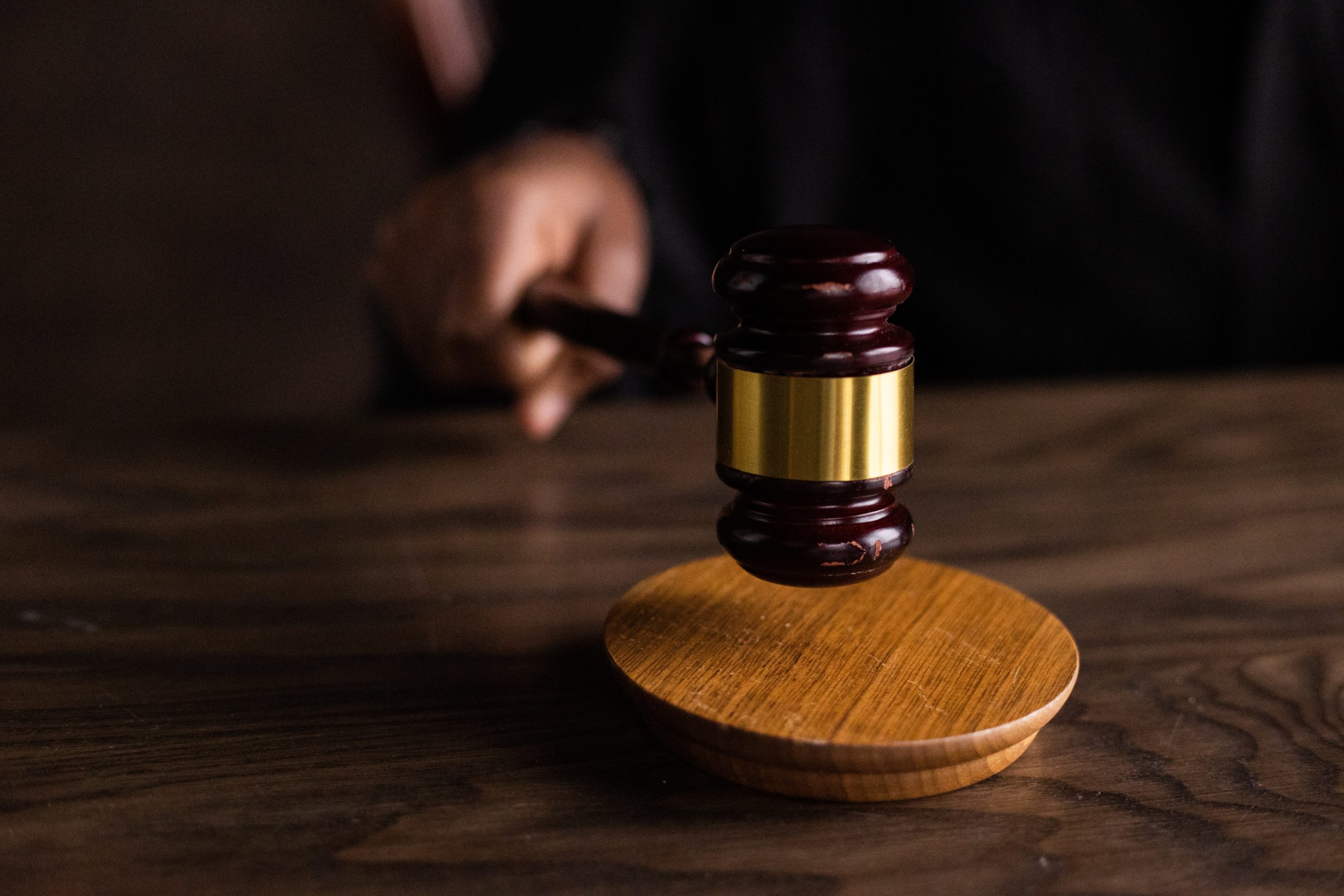Ever since the U.S. Supreme Court announced its decision to overturn Roe v. Wade, the news is all anyone is talking about. From social media posts to water cooler discussions at work, the landmark decision is one that many are concerned about.
A National Outcry
People from all over the country voiced their opinions on the matter. Many took to social media to express their fears and disgust. Others began to mobilize, filling the streets as they protested for women’s rights.
Major companies like Apple, Disney, and Amazon showed their support by promising to cover travel expenses for their employees seeking abortions. And many celebrities and social media influencers publicly condemned the decision, offering encouragement and support to women everywhere.
Black Women And Roe v. Wade
Black women, in particular, are in a unique position following the decision. According to a poll conducted by the New York Times, 52 percent of white women voted for Donald Trump, who championed the reversal of Roe v. Wade, for president in 2016. The number increased to 55 percent in the 2020 election.
Because of this, many Black women feel that it’s not their responsibility to fight the good fight for abortion rights.
But the decision to reverse Roe v. Wade impacts women of all races, including Black women. In fact, Black women may carry an even heavier burden than women of other races for a number of reasons.
How Will This Affect Black Women, And Their Right To Abortion, In The Future?
As an already marginalized group, Black women are more likely to be significantly impacted by the implications of the Supreme Court’s decision. Here are five ways the reversal of Roe v. Wade will affect Black women directly:
Abortion And Personal Finance

Obtaining an abortion is not cheap, but it’s a lot cheaper than raising a child. And as conversations surrounding gender roles continue, more and more women are recognizing that motherhood is a choice – an important one at that.

But, even with changing perspectives, women are still considered the primary caretaker when it comes to raising children. This leaves the brunt of the childrearing up to Black women, many of whom don’t have the resources to properly care for a child. According to a report from the Guttmacher Institute, 75 percent of women who obtained an abortion were low income earners, with nearly half of those women having a household income below the federal poverty level.
And with the USDA reporting an average cost of $233,610 to raise a child in America in 2015, it’s no wonder why many women elect to have an abortion instead.
Roe v. Wade And The Black Community
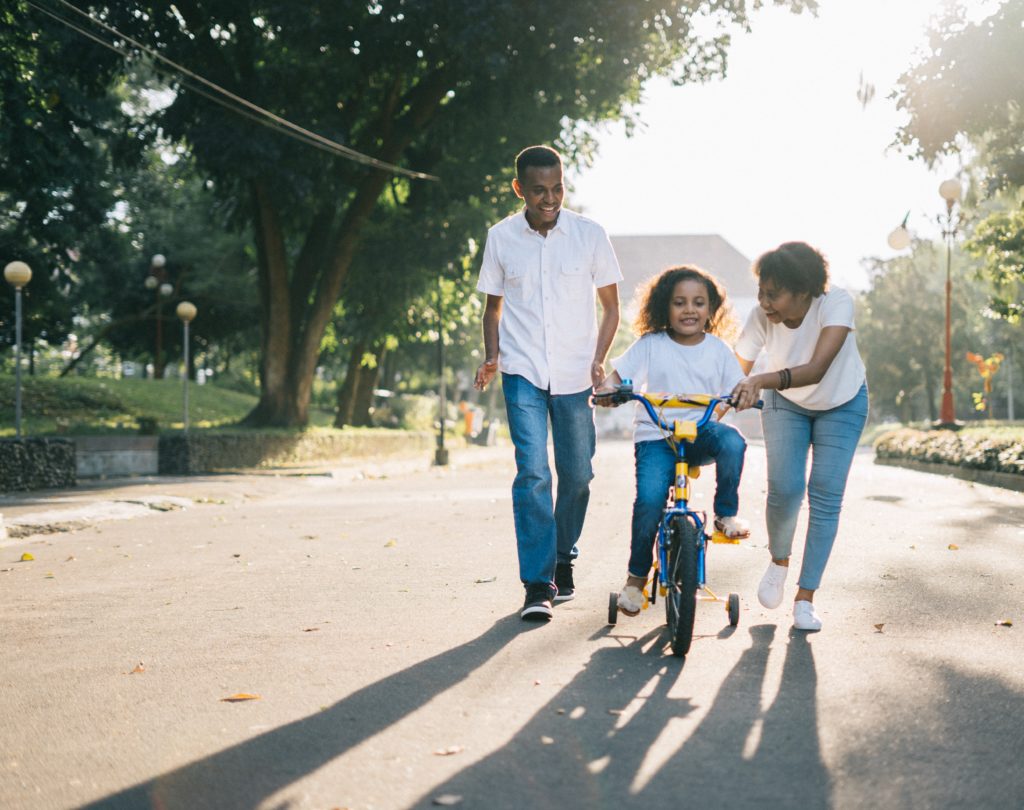
According to a study conducted by the U.S. Census Bureau, the Black community is already at a disadvantage. Over 18 percent of Black households lived below the federal poverty level in 2019. In addition, more than one-third of Black children live in single-parent households, compared to only 6.5 percent of white children.
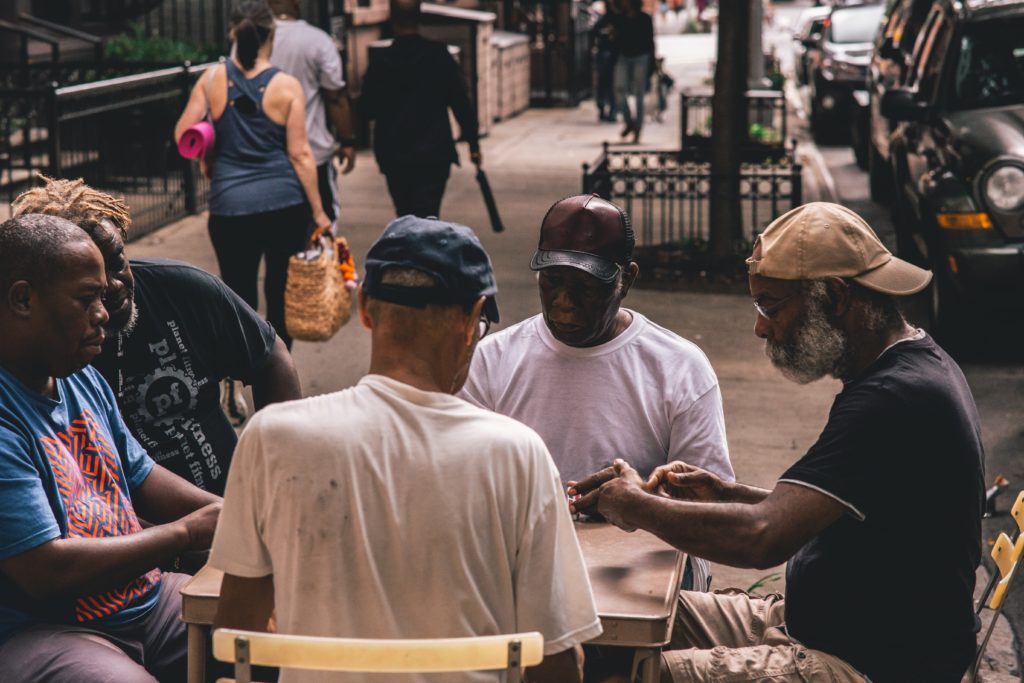
Combined with an influx of unwanted pregnancies, these factors would be a recipe for disaster for any community. But the Black community could especially see a surge in violence, crime, and homelessness. Creating a generation of broken homes is a sure way to accelerate the community’s downfall.
The Maternal Mortality Rate Will Increase
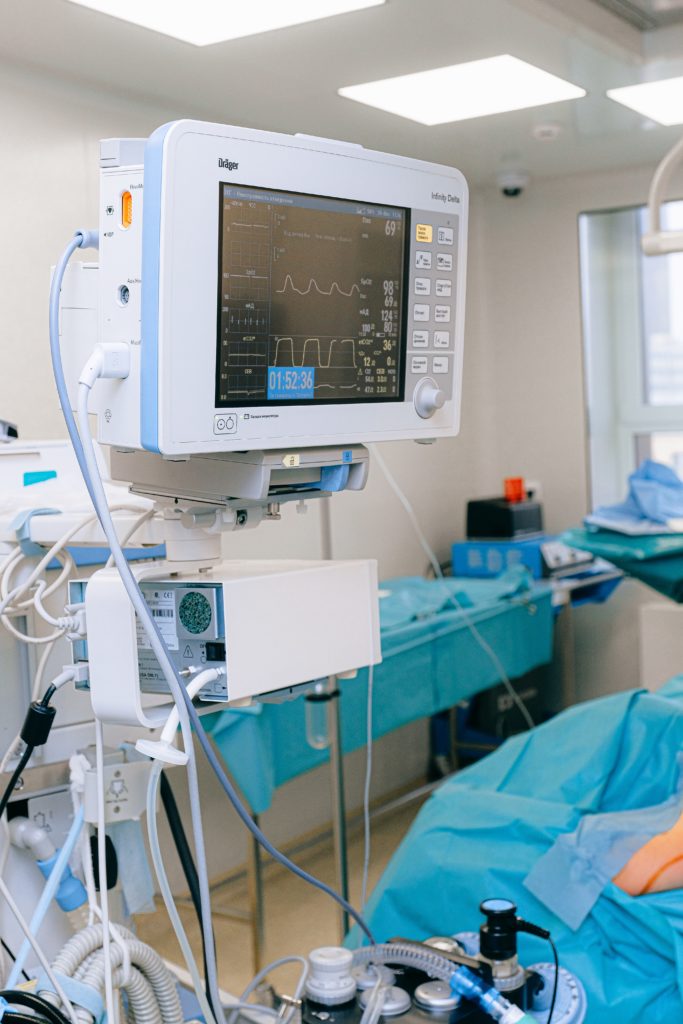
Black women experience higher rates of maternal mortality than women of other races. The CDC reports that Black women are three times as likely to die from pregnancy complications than white women.
Many Black women, including celebrities like Serena Williams, have shared their horrifying experiences undergoing labor and childbirth.
Roe v Wade being overturned = 33% rise in pregnancy-related deaths for Black women.
— WE THE URBAN (@WeTheUrban) June 24, 2022
There are many reasons for this racial disparity, including biases and racism in parts of the medical community and unequal access to quality healthcare.
For example, according to a study by the U.S. Census Bureau, nearly 14 percent of Black women don’t have health insurance. And many of the women who do report feeling unheard and disregarded when receiving medical care.
Abortion Can Affect Black Women’s Personal Safety
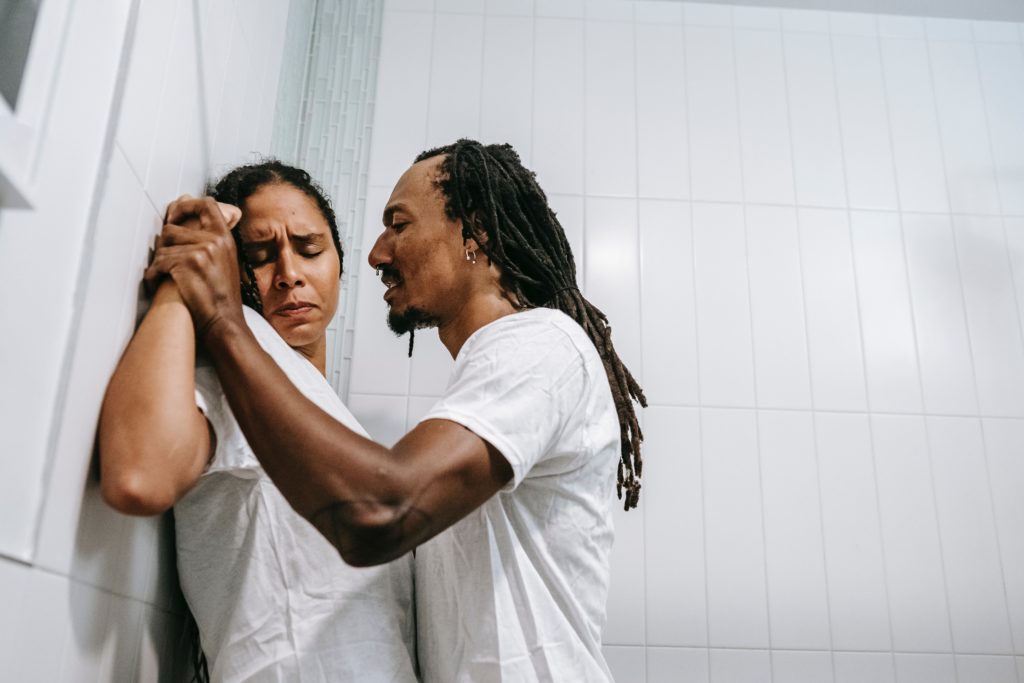
A report from Obstetrics & Gynecology states that homicide is the leading cause of maternal mortality among women. It’s also the leading cause of death for Black women, pregnant or not. And now, with the reversal of Roe v. Wade, the need to protect Black women is at an all-time high.
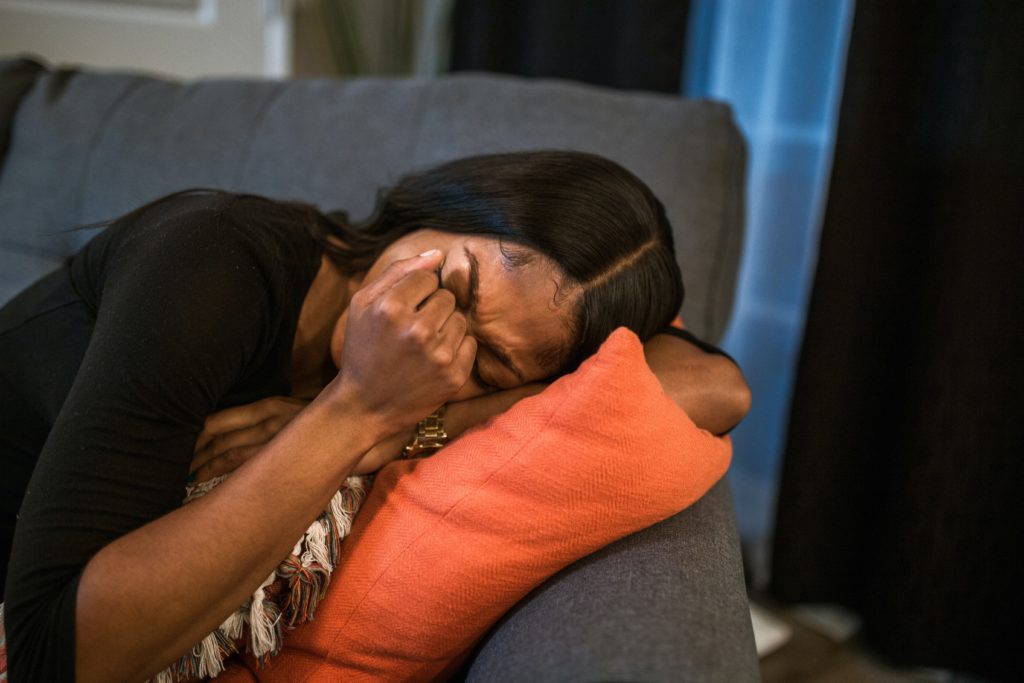
Also, women aren’t the only ones who want abortions. Many men ask their partners to get an abortion for a number of reasons. And it’s a well-known secret that men with mistresses are more likely to pay for an abortion to keep their infidelity a secret. Now, the reversal of Roe v. Wade could put Black women in an even more vulnerable position.
Roe v. Wade Could Ruin Black Women’s Image
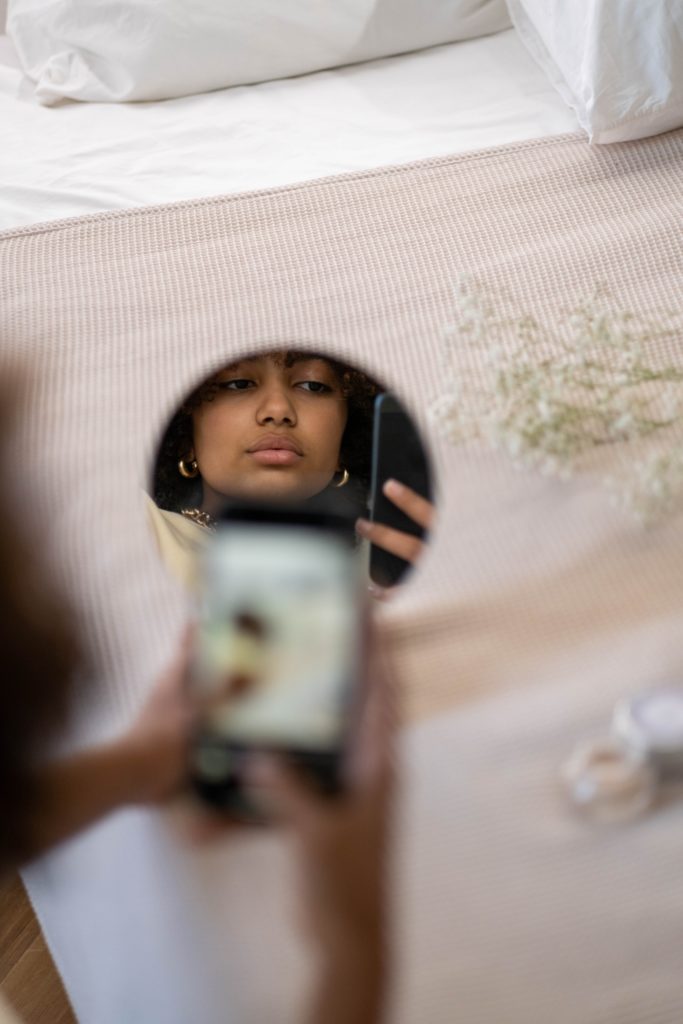
Black women have come a long way when it comes to receiving representation in the media. From being called angry and bitter to being made the face of welfare, Black women, in particular, understand why positive representation is so important.
BLACK WOMEN AREN’T THE FACE OF ABORTIONS.
BLACK WOMEN AREN’T THE FACE OF ABORTIONS.
BLACK WOMEN AREN’T THE FACE OF ABORTIONS.
BLACK WOMEN AREN’T THE FACE OF ABORTIONS.
BLACK WOMEN AREN’T THE FACE OF ABORTIONS.
BLACK WOMEN AREN’T THE FACE OF ABORTIONS.
— defund nick cannon (@justjailynd) June 25, 2022
Unfortunately, many media outlets are making Black women the face of abortion, which is detrimental for many reasons. This can make Black women more vulnerable to personal attacks, hate crimes, and racial discrimination and biases in healthcare, school, and work.
I’m not a fan of making black women the face of this abortion ban at the state levels. It affects ALL WOMEN!!!! The media does us a disservice EVERY TIME they do this. You earn no sympathy and empathy from anyone by doing this. You get the exact opposite. APATHY!!!
— Frost (@deejaytimnice) June 24, 2022
Plus, pointing fingers over an issue that affects women of all races and backgrounds can only exacerbate it.
